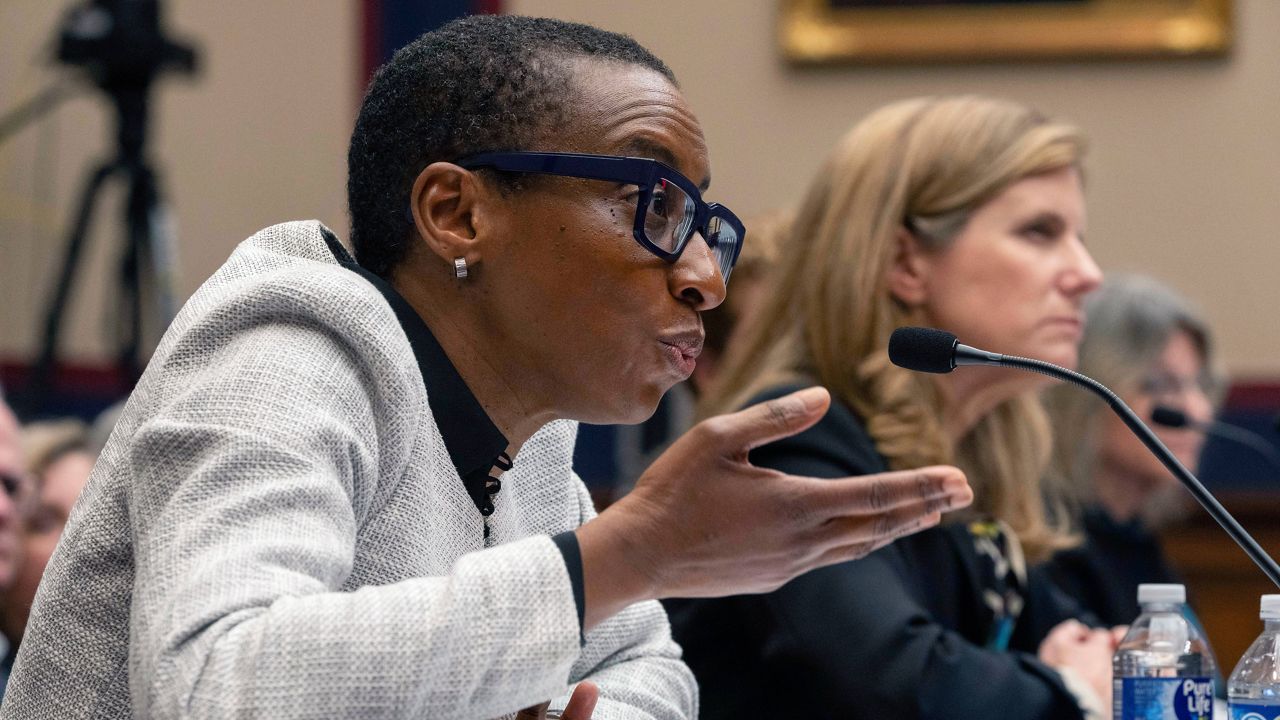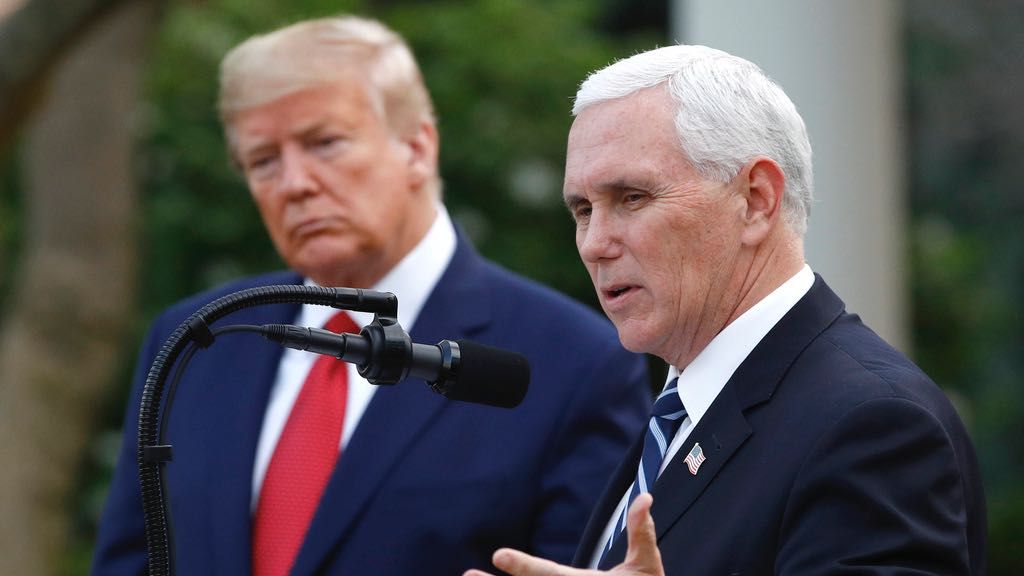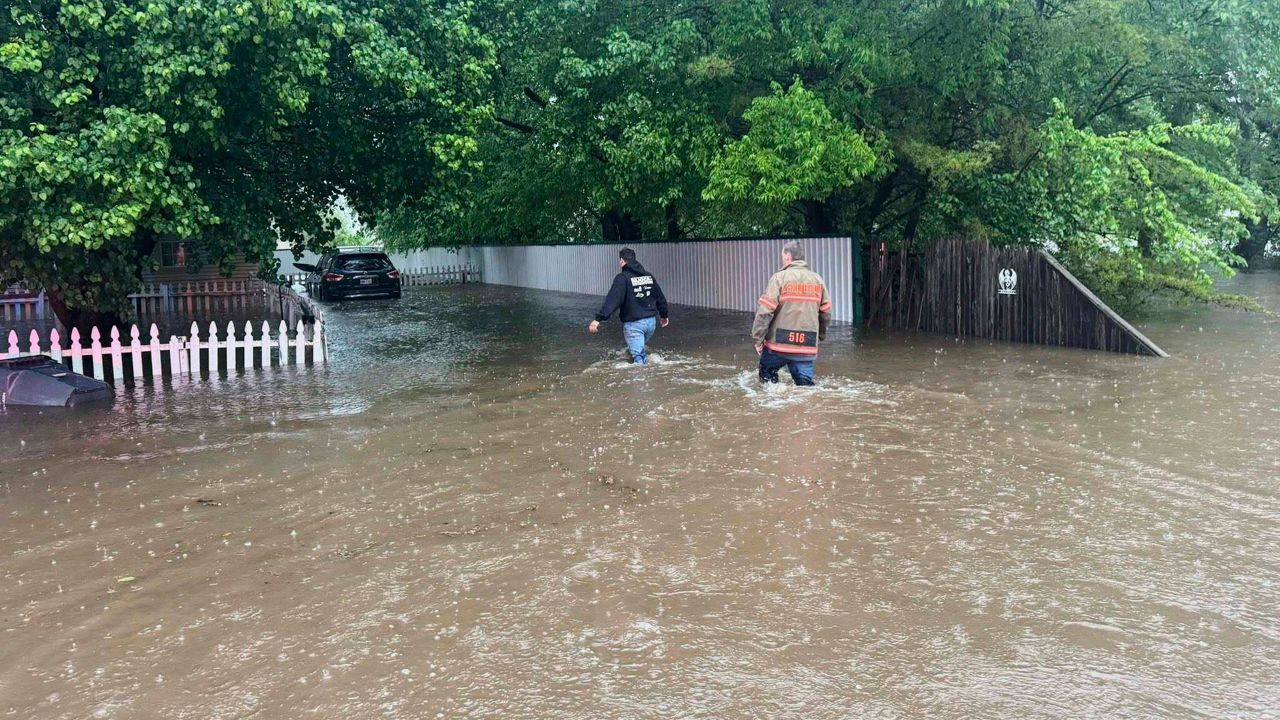Harvard's governing board says that it is standing behind university president Claudine Gay despite calls for her ouster after her testimony at a contentious House hearing on antisemitism last week.
"Our extensive deliberations affirm our confidence that President Gay is the right leader to help our community heal and to address the very serious societal issues we are facing," a statement from the Harvard Corporation released early Tuesday reads.
Gay, the first Black president of the esteemed Ivy League university, faced a firestorm of criticism after she gave evasive answers when grilled by New York Republican Rep. Elise Stefanik about whether calls for the genocide of Jews violate Harvard's code of conduct. She told Stefanik that it depended on context.
"We do not sanction individuals for their political views or their speech," she said during the hearing. "When that speech crosses into conduct that violates our behavior-based policies, bullying, harassment and intimidation, we take action."
She later apologized for her remarks in an interview with The Harvard Crimson, the school’s newspaper, last week, saying she “got caught up in what had become at that point, an extended, combative exchange about policies and procedures.”
“What I should have had the presence of mind to do in that moment was return to my guiding truth, which is that calls for violence against our Jewish community — threats to our Jewish students — have no place at Harvard, and will never go unchallenged,” she told the outlet.
Gay, Liz Magill, then-President of the University of Pennsylvania, and Sally Kornbluth, President of the Massachusetts Institute of Technology, drew widespread condemnation for their responses at last week's hearing, with calls from notable figures, prominent alumni and donors for them to step down. Magill stepped down on Saturday amid the backlash.
But MIT's board backed Kornbluth, with its chair praising her in a letter for her "excellent work in leading our community, including in addressing antisemitism, Islamophobia, and other forms of hate, all of which we reject utterly at MIT."
"She has our full and unreserved support," wrote Mark Gorenberg, the chair of the MIT Corp.
And so, too, did Gay. One day before the Harvard Corporation made its decision, a group of more than 650 members of Harvard’s faculty signed a letter urging the school's board of directors "to defend the independence of the university and to resist political pressures that are at odds with Harvard’s commitment to academic freedom."
“The critical work of defending a culture of free inquiry in our diverse community cannot proceed if we let its shape be dictated by outside forces,” the letter from the group of faculty reads.
Republicans reacted to the news with anger.
"This is outrageous," said House Speaker Mike Johnson in a post on social media. "There must be accountability for the failure to protect Jewish students on college campuses."
Meanwhile, Stefanik on Tuesday opened a weekly House GOP leadership press conference by condemning the "most morally bankrupt testimony" from the three campus leaders last week. The House Education Committee, which held last week’s hearing, announced it would be opening a probe into the three institutions.
“We will use our full Congressional authority to hold these schools accountable for their failure on the global stage,” Stefanik said in a statement at the time announcing the investigation.








